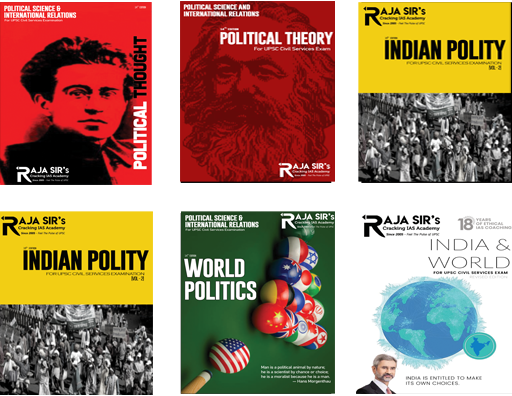- Home
- Prelims
- Mains
- Current Affairs
- Study Materials
- Test Series
Provide a comparative analysis of behavioural and institutional approach to the study of political theory. (UPSC CSE Mains 2025- Political Science and International Relations, Paper 1). 20 Marks

 The behavioral and institutional approaches represent two distinct paradigms for studying political theory, each with unique focuses and methodologies.
The behavioral and institutional approaches represent two distinct paradigms for studying political theory, each with unique focuses and methodologies.
The institutional approach looks at formal political structures like legislatures, executives, courts, and constitutions. It emphasizes the rules, procedures, and organizational frameworks that create stability and govern political interactions. It is largely descriptive and normative, focusing on how institutions shape political behavior and governance. It tends to analyze politics through legal and organizational lenses, often ignoring informal political dynamics.
In contrast, the behavioral approach centers on the individuals and groups within political systems. It studies political behavior empirically, using surveys, observations, and statistical methods to analyze attitudes, voting patterns, decision-making, and social interactions in politics. Behavioralism seeks regularities in behavior, adopts a scientific, value-neutral stance, and aims to explain and predict political phenomena rather than prescribe norms.
|
Features |
Behavioral Approach |
Institutional Approach |
|
Focus |
Studies political behavior of individuals and groups |
Studies formal political structures and institutions |
|
Methodology |
Empirical, quantitative, scientific methods |
Qualitative, descriptive, legalistic methods |
|
Data Collection |
Surveys, experiments, statistical analysis |
Case studies, historical analysis, legal documents |
|
Nature of Analysis |
Focus on observable behavior and attitudes |
Focus on rules, procedures, and organizational frameworks |
|
Objective |
To explain and predict political behavior |
To describe and understand political institutions |
|
Normativity |
Value-neutral, separates facts from values |
Often normative and concerned with political authority |
|
Scope |
Includes informal, psychological, sociological factors |
Focuses on formal governance structures |
|
Use of Quantification |
Emphasizes quantification of data |
Less emphasis on quantification, more on qualitative data |
|
Theoretical Aim |
To find generalizable laws of political behavior |
To analyze institutional design and function |
|
Interdisciplinary Aspect |
Integrates social sciences like psychology and sociology |
Concentrates mainly on political science and law |
|
Key Thinkers |
Charles Merriam, David Easton, Robert Dahl, Gabriel Almond, Seymour Martin Lipset |
Max Weber, Woodrow Wilson, James Madison, Gabriel Almond (bridged both perspectives), Maurice Duverger |
While the institutional approach laid the groundwork for understanding political structures, the behavioural approach brought a much-needed empirical and analytical lens to political inquiry. Today, scholars often integrate both approaches to gain a more holistic understanding of political phenomena.










 Latest News
Latest News
 General Studies
General Studies